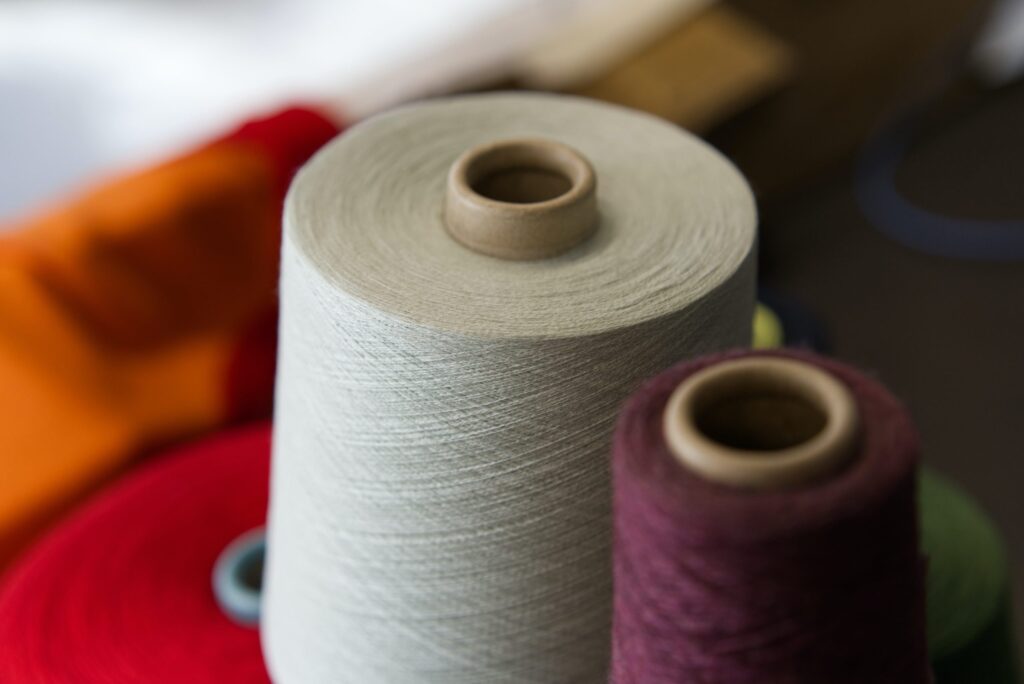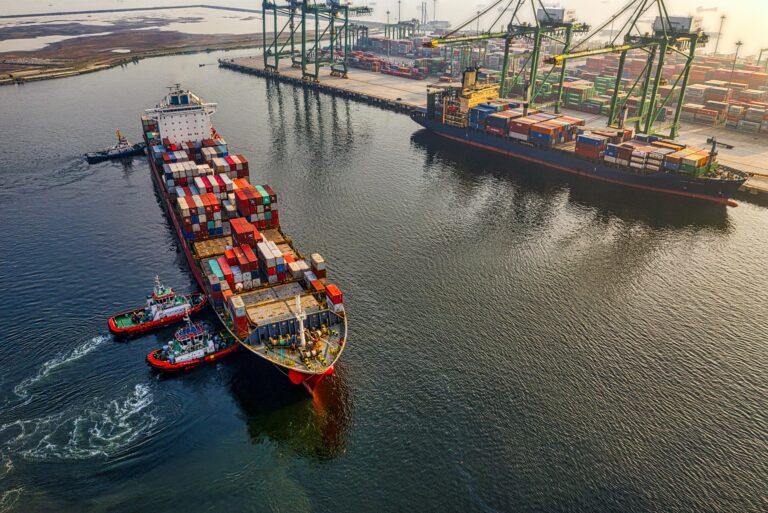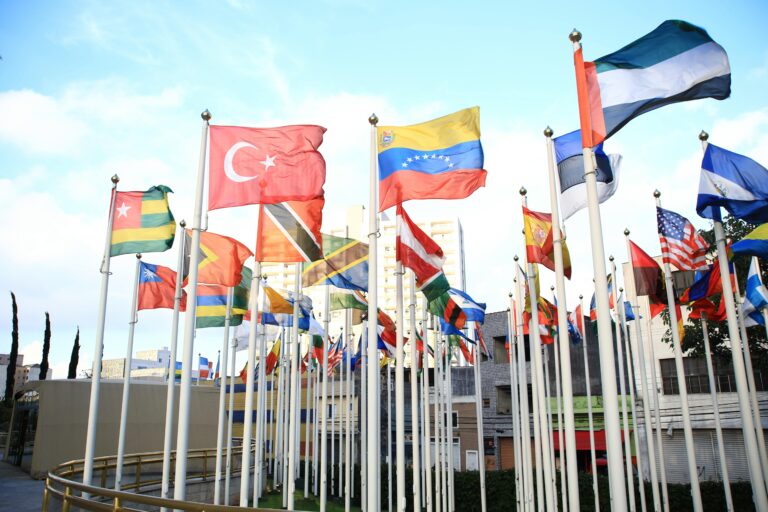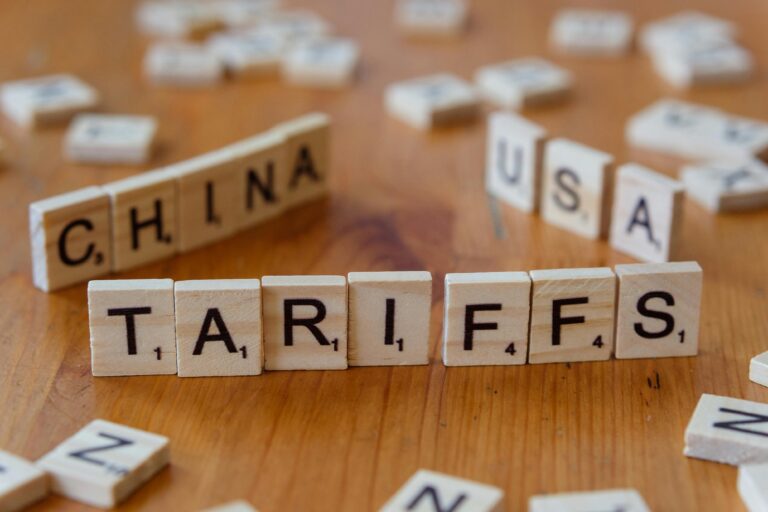Ethical sourcing in the apparel industry is becoming more than a marketing ploy – and with good reason. The apparel industry is one of the highest polluting industries in the world, contributing up to 10% of global carbon dioxide output and a fifth of the 300 million tons of plastic produced each year.
It is also one of the most labour-intensive, with workers in often-unregulated conditions. As a result, many apparel brands have come under fire for their unethical sourcing practices. The 2022 Remake Fashion Accountability Report states that change is slow overall, but an undercurrent of change is still taking place, giving some optimism for the future.
Notably, many consumers are getting wise to greenwashing schemes and are doing more to demand sustainability from brands. Here is a beginner’s guide to ethical sourcing for apparel brands that want to meet environmental, social, and governance (ESG) goals and capitalise on consumers’ desires to buy ethically sourced garments.
WHAT IS ETHICAL SOURCING?
Ethical sourcing is the process of making sure that the materials and components used in manufacturing clothing are sourced from suppliers who adhere to fair labour practices.
Ethical sourcing matters to many different industries, but it is especially important in the fashion industry because of how much labour is outsourced. Many clothing brands source their materials and components from countries where labour is cheap and working conditions are often poor. Some of the most significant problems include child labour, forced labour and unsafe working conditions.
In fact, ethical sourcing and labour practices are a major part of the United Nations’ Sustainable Development Goals. Decent work and economic growth is one of 17 identified goals meant to end poverty and encourage responsible economic growth that upholds human rights and preserves the planet.
There are a number of ways to source ethically. Some brands choose to only work with factories that are certified by independent organisations like the Fair Labor Association. Others choose to source from smaller, local producers, and some brands create their own ethical sourcing standards.
No matter what approach a brand takes, the goal should be to ensure that the workers who make clothes are treated fairly and paid a living wage.
WHY IS ETHICAL SOURCING IMPORTANT FOR APPAREL BRANDS?
Ethical sourcing is quickly becoming a defining standard for the industry and consumers. There are many reasons to adopt ethical sourcing standards, but some of the top reasons include the following:
- Ensuring workers receive fair treatment and a living wage is the right thing to do.
- Good working conditions lead to better products made in safe, clean environments.
- Brand reputation improves for organisations that implement and adhere to high standards.
- Ethical sourcing builds a more sustainable supply chain by reducing carbon emissions and waste.
While the clothing industry as a whole has more work to do to improve working conditions and reduce carbon emissions and waste, brands that are not actively working to address these problems will soon find that they will be left behind.
WHY ARE CONSUMERS DEMANDING ETHICALLY SOURCED CLOTHING?
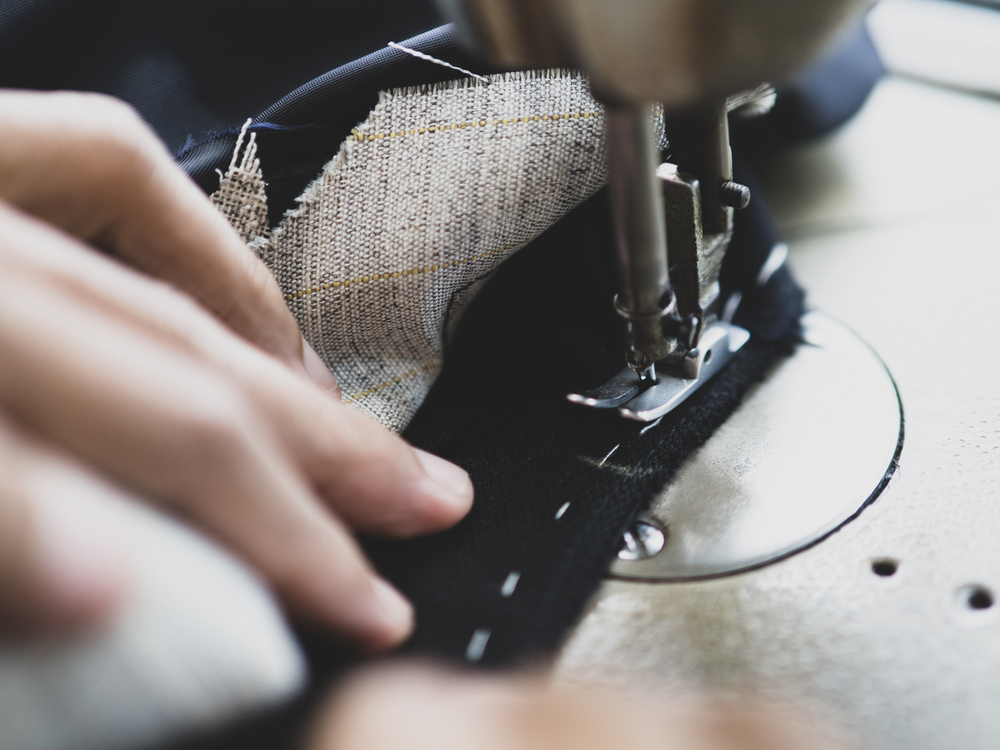
A recent survey found that 75% of respondents aged 16-25 said that the future is frightening, and almost half reported that their feelings and thoughts about climate change impacted their daily lives.
Consumers, especially younger ones, often feel powerless to influence change on a global scale. So, many are choosing small ways to make a difference, including buying ethically sourced clothing and buying less.
They want to support businesses that are committed to fair labour practices. Some will research to learn if a retailer sells garments made in factories that adhere to strict safety standards and provide fair wages and working conditions for their employees.
Many consumers simply believe that it is the right thing to do to buy ethically sourced clothing. They want to support businesses that are operating in a socially and environmentally responsible manner. Price alone is no longer the most important factor for many shoppers, representing a significant value shift that brands need to take notice of.
HOW ARE BRANDS AND RETAILERS SOURCING ETHICALLY?
There are a number of ways that brands can source ethically and sustainably. When measuring these efforts, the typical metrics include:
- Traceability or the ability to track a garment’s production from beginning to end
- Wages and well-being of employees
- Commercial practices
- Raw material sources
- Environmental justice
- Governance or brand ethos
Many brands are engaging in strategic partnerships with nonprofit organisations that focus on key sustainability initiatives. For example, Better Cotton is investing over £1 million in supply chain innovations to help brands improve their traceability.
Organisations such as the Social & Labour Convergence Program and Better Work partner with retailers, factories, governments, workers and unions to improve working conditions for garment workers. Some of the retailers participating in these partnerships include Eileen Fisher, REI Cooperative, Levi Strauss & Co, J. Crew and many more.
BEGIN YOUR OWN JOURNEY TO ETHICAL SOURCING
As consumers become more aware of the impact of their clothing choices, it is becoming increasingly important for apparel brands to source their products ethically and sustainably. By doing so, brands can show their commitment to social and environmental responsibility and build trust and loyalty with their customers.
ESW is on its own mission to sustainability. Since January 2022, we have offset all of our delivery-related carbon emissions. This means that our clients can be confident that we are as committed to ESG initiatives as they are. Contact ESW today to learn more.
